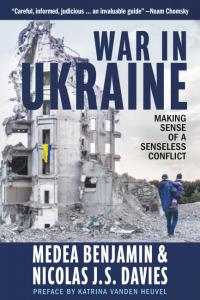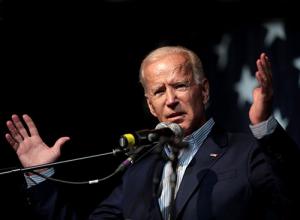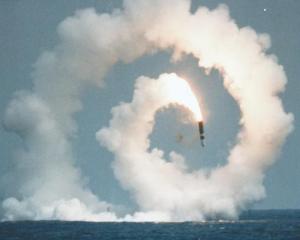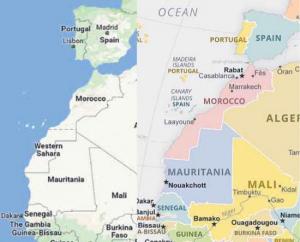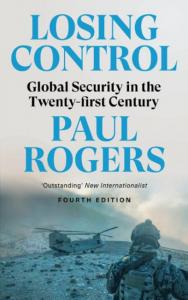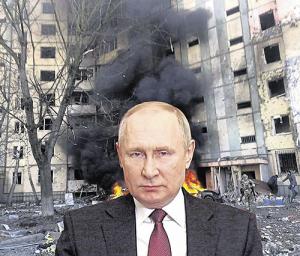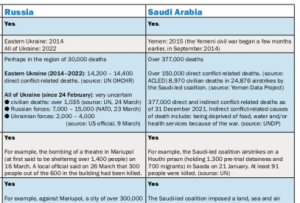At over 650 pages, White Malice may look daunting but is actually written in such an engrossing journalistic style that it sometimes reads like a spy thriller.
Dr Susan Williams, a senior research fellow at the Institute of Commonwealth Studies, University of London, focuses on US covert intervention in the Congo and Ghana in the late ’50s and early ’60s.
In particular, she writes about the fate of two popular politicians – Patrice Lumumba, the first prime minister of…






